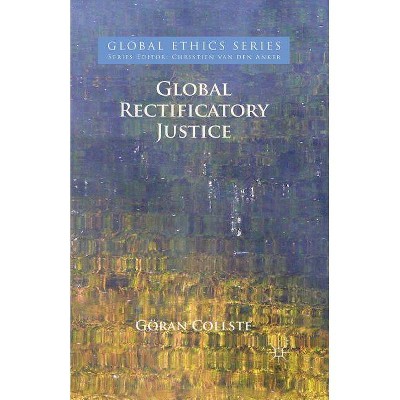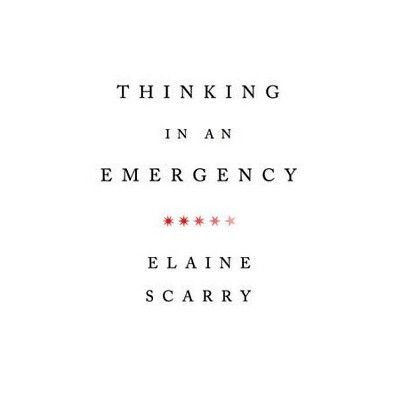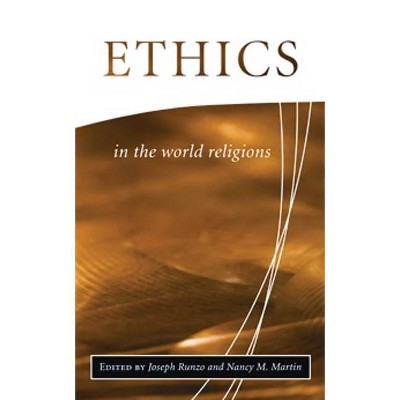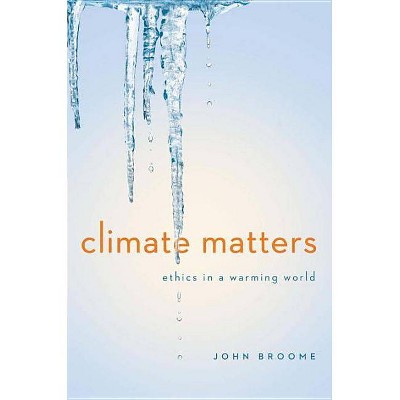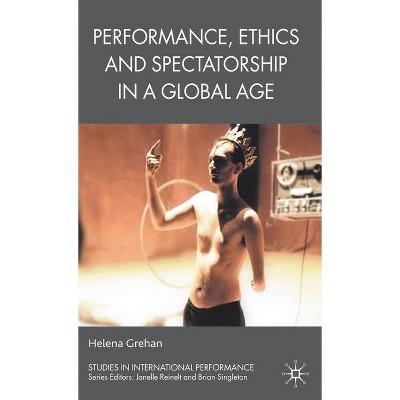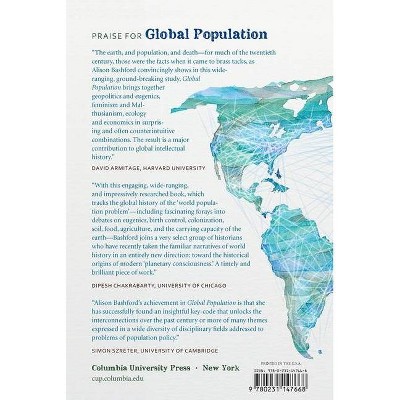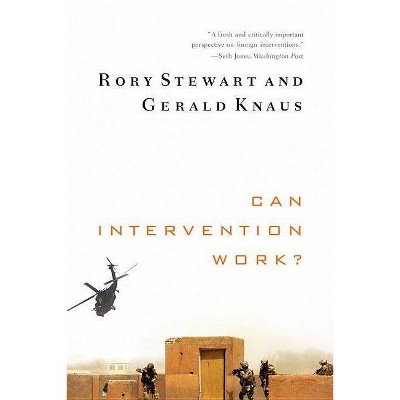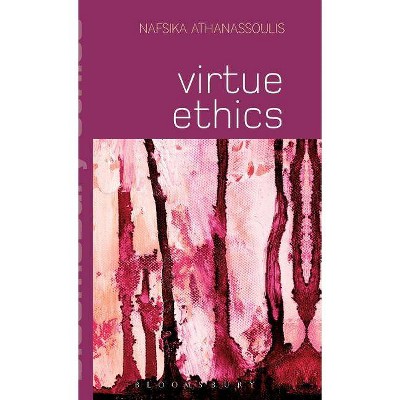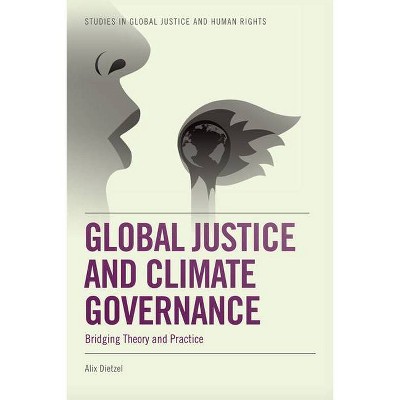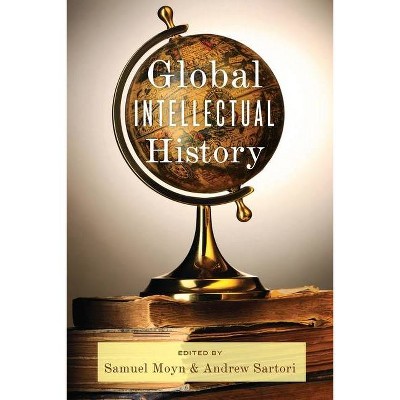Global Ethics and Global Common Goods - (Bloomsbury Studies in Global Ethics) by Patrick Riordan (Paperback)
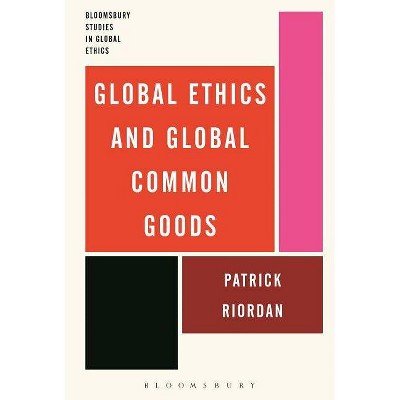
Similar Products
Products of same category from the store
AllProduct info
<p/><br></br><p><b> Book Synopsis </b></p></br></br>Patrick Riordan takes a different approach to the questions of global ethics by following the direction of questioning initially pioneered by Aristotle; for him the most basic question of ethics is 'what is the good life'? So in the context of contemporary global ethics the Aristotelian questioner wonders about the good life on a global scale. <i>Global Ethics and Global Common Goods</i> fills the gap in existing literature caused by the neglect of the topic of the good in global ethics.<br/><br/>Beginning by outlining answers to questions such as 'what is good?' and 'is there a highest good?' Riordan demonstrates the value of a common good perspective in matters of universal human rights and their institutions and practices, the study of international relations and the construction of global institutions, and debates about global justice between cosmopolitanism, nationalism and economic globalization. Philosophical questions provoked by these debates are identified and pursued, such as the question of a common human nature which seems presupposed by the language of universal rights. <br/><br/>For experienced students of political philosophy and international relations this is a crucial text in the literature exploring the possibilities for politics on a world scale, while the perspective of the common good adds a new and distinctive dimension to current debates on global security and the challenges of managing conflict.<p/><br></br><p><b> About the Author </b></p></br></br><b>Patrick Riordan</b> teaches political philosophy at Heythrop College, University of London, UK. He is a member of the Heythrop Institute: Religion & Society. His previous publications include <i>A Grammar of the Common Good: Speaking of Globalization</i> (Continuum, 2008).
Price History
Price Archive shows prices from various stores, lets you see history and find the cheapest. There is no actual sale on the website. For all support, inquiry and suggestion messages communication@pricearchive.us
